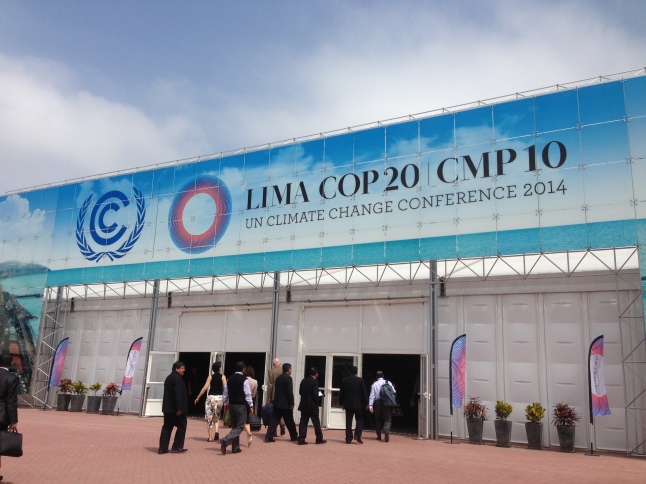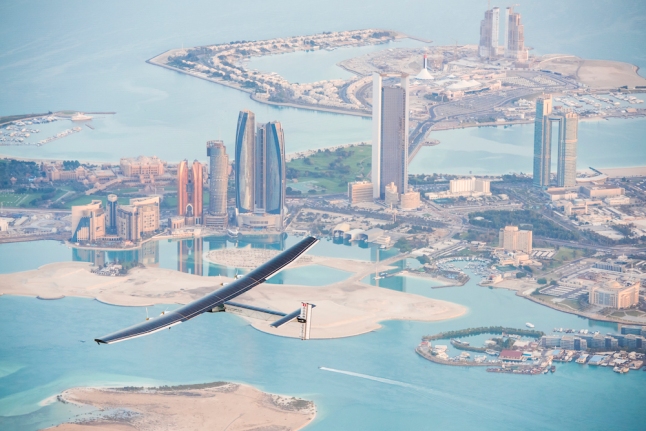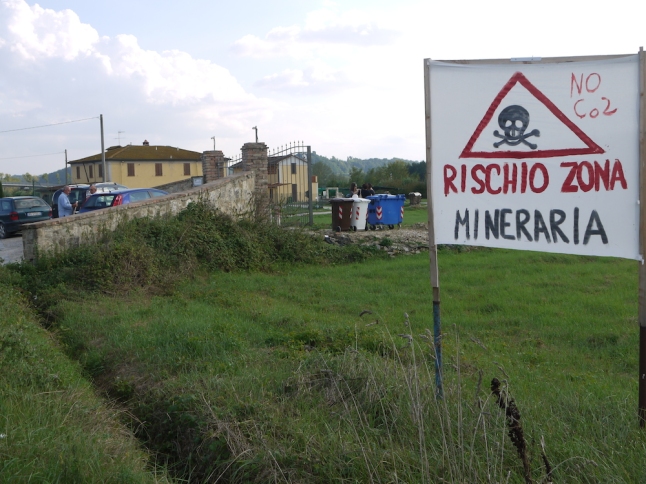During the last two weeks, news outlets around the world have been busy reporting on the CIA torture report, the falling oil prices, and typhoon Hagupit in the Philippines. Yet the media interest in the UN climate change summit now drawing to a close in Peru has been rather limited – much like in the past few years.
The outcomes of the climate negotiations in Lima, and next year in Paris, will likely chart the course for humanity – from Russia, to Belgium to Tuvalu – for decades and possibly centuries to come. This is why we believe that local news reporting on the climate talks is so crucial.
What do domestic media outlets say about the international negotiations and their local relevance? How do they evaluate the risks of climate change on a local, regional level?
Read our compilation of the coverage in different countries around the globe.


